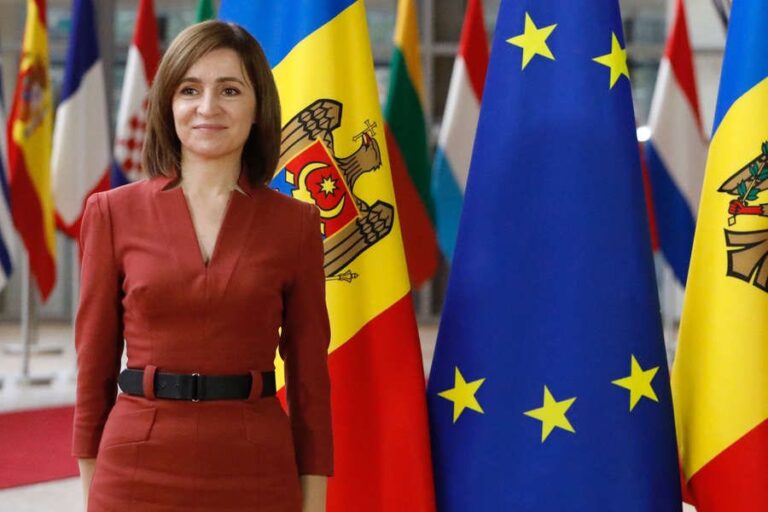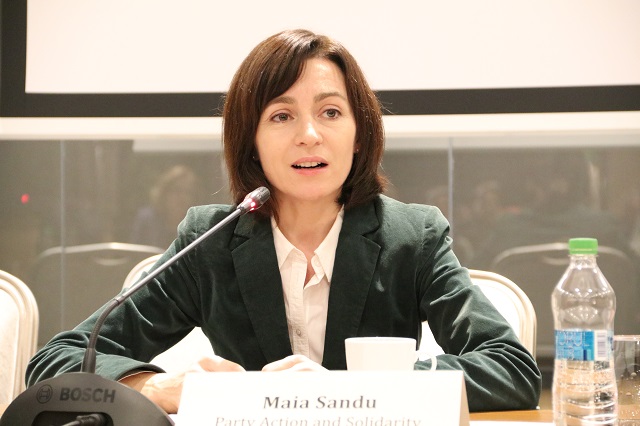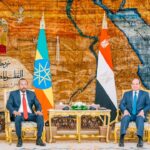In the wake of Moldova’s presidential runoff, pro-Western forces led by incumbent President Maia Sandu handed the Kremlin a significant loss. This setback deals a blow to Russia’s imperial ambitions in the post-Soviet space and signals the weakening of Moscow’s influence in Eastern Europe.
Despite extensive efforts to interfere in Moldova’s elections and support the pro-Russian candidate Alexandr Stoianoglo, the Kremlin’s strategy faltered. Political strategist Adrian Albu, associated with Stoianoglo’s campaign, has alleged ties to Russia’s FSB (Federal Security Service), which has been active in post-Soviet countries, leveraging the Russian diaspora and individuals with familial ties to Russia. In the internal competition for influence in Moldova, the Kremlin entrusted these operations to the FSB rather than military intelligence.
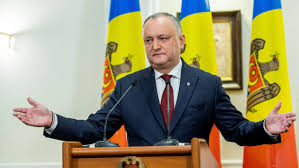
More on this story: Moldovan elections as a battlefield of GRU/FSB interests
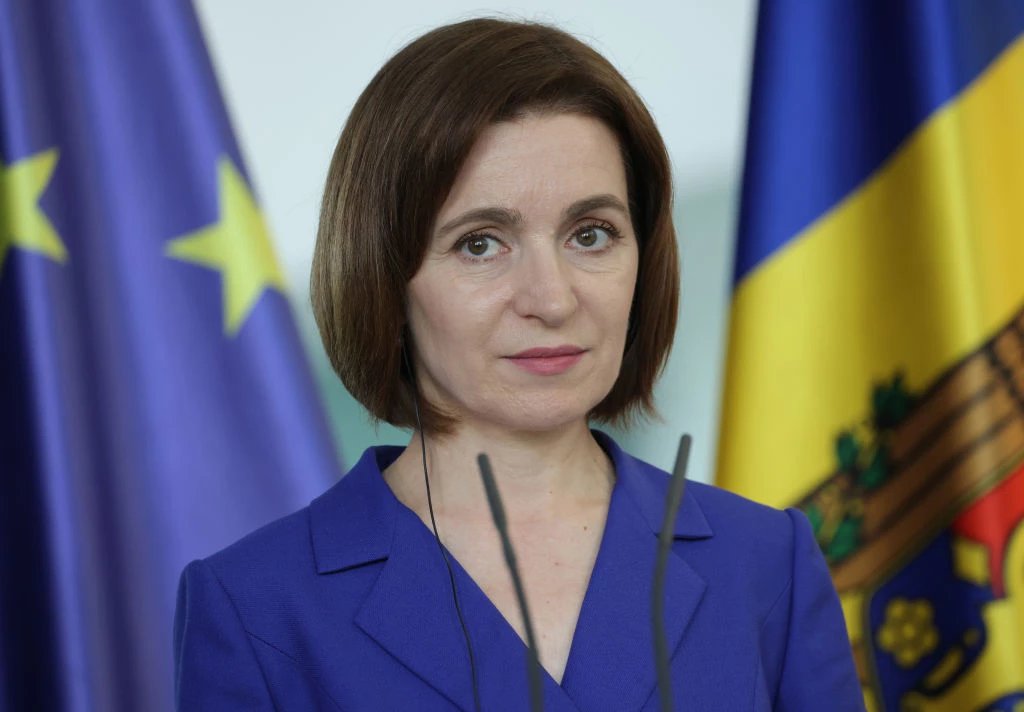
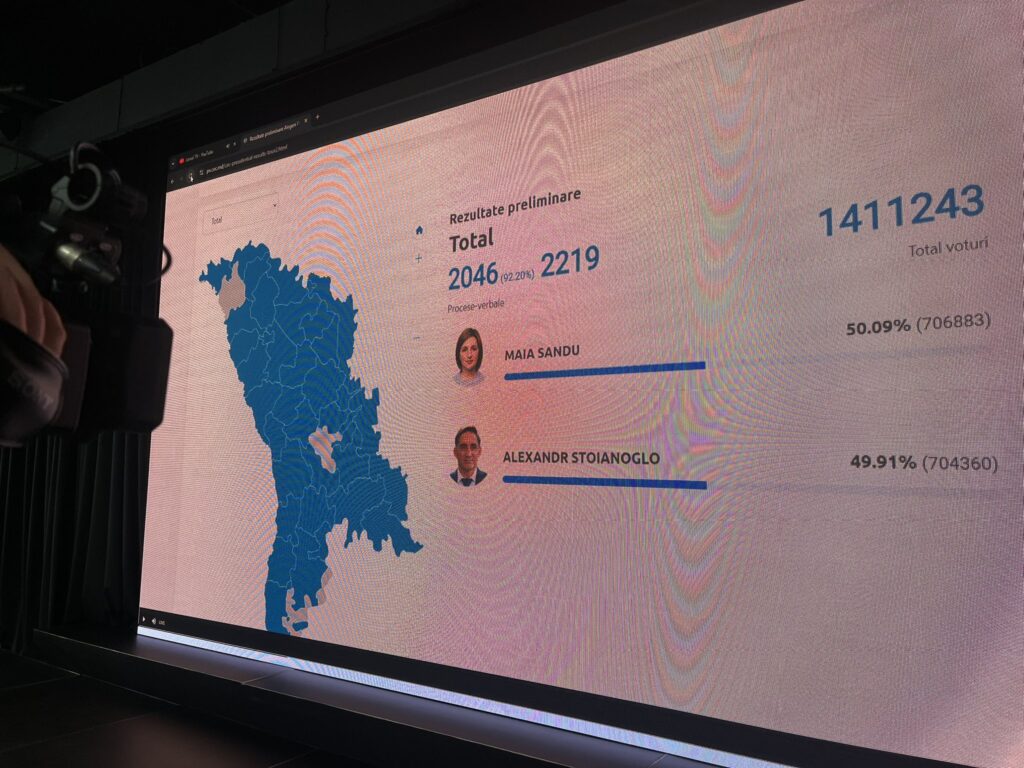
According to unverified reports, Adrian Albu was in contact with former FSB officer Yuri Gudilin, wanted in Moldova on espionage charges. Albu frequently traveled to Moscow for meetings, including with Nikolai Patrushev, a key figure controlling the FSB. Discussions allegedly centered on enhancing Russia’s influence in Moldova through Ilan Shor, a businessman accused of embezzling billions of euros. Shor openly campaigns against Moldova’s European integration and Maia Sandu’s presidency, while Moscow continues to fund pro-Russian parties and directs the actions of certain pro-Russian politicians in Moldova.
In April, an FSB operative reportedly tasked Albu with shifting corruption allegations from Shor to pro-Western Moldovan politicians. As in the first round of the election, Russia’s interference in the voting process was unprecedented. Moscow allegedly organized special flights to transport Moldovan passport holders to Belarus to participate in the elections, offering free, Moscow-financed travel. The authenticity of documents and the passengers’ citizenship remains unconfirmed. The second round of the election saw an escalation in propaganda and information operations by Russian media broadcast in Moldova.
The defeat of pro-Russian forces suggests the Kremlin will escalate its influence operations in Moldova. Authorities should be vigilant regarding increased Russian activity in Gagauzia and Transnistria, where Moscow might pursue scenarios involving force and possibly armed conflict to destabilize the region.
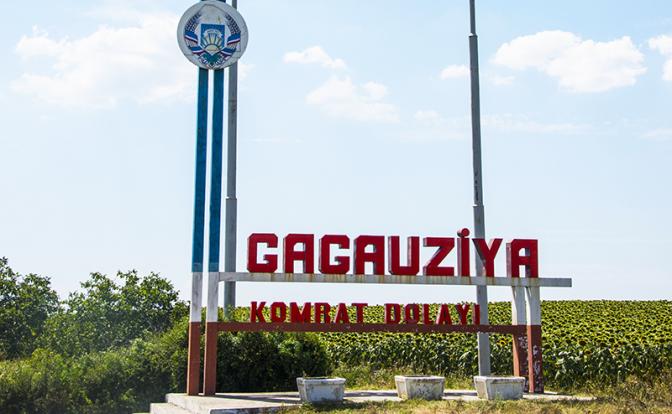
More on this story: Moldova threatened by outside-staged conflict in Gagauzia
This defeat is as significant for the Kremlin as Ukraine’s 2014 Revolution of Dignity, underscoring the broader struggle for influence in the post-Soviet space.
Moldova holds political importance for Russia due to its strategic location, historical ties, and geopolitical significance.
- Moldova serves as a geopolitical buffer between Russia and Western Europe, particularly the European Union and NATO. Russia views influence over Moldova as crucial to maintaining its sphere of influence in Eastern Europe.
- Proximity to Ukraine: Moldova’s location near Ukraine, especially with the ongoing war, heightens its strategic value for Russia in controlling or influencing regional dynamics.
The breakaway region of Transnistria, which has a significant Russian-speaking population and hosts Russian troops, is a key point of leverage for Moscow. Russia supports Transnistria as part of its strategy to exert influence over Moldova and prevent its integration into Western structures like the EU and NATO.
- Frozen Conflict: The unresolved status of Transnistria allows Russia to maintain a foothold in Moldova and influence its domestic and foreign policies.
- Moldova is heavily dependent on Russian natural gas, which Moscow has historically used as a tool of political influence. This dependence impacts Moldova’s economic and political stability, providing Russia with leverage in negotiations and regional politics.
- Moldova was part of the Soviet Union, and Russia continues to emphasize cultural and historical ties, including the significant Russian-speaking minority within the country as it was in Donbas, Ukraine. This cultural connection helps Russia maintain influence over Moldova’s political and social landscape.
- Moldova’s aspirations to strengthen ties with the European Union and possibly NATO are viewed as a threat by Russia. Moscow actively works to counter these efforts to prevent the westward drift of another former Soviet republic.
In summary, Moldova’s strategic location, the Transnistrian conflict, energy dependence, and cultural ties make it a politically significant country for Russia, especially in the context of Moscow’s broader regional ambitions in Eastern Europe.
Russia could potentially react to Moldovan President Maia Sandu’s victory and her pro-European stance by escalating tensions in Transnistria, though a full-scale conflict is less certain and would depend on several factors:
1. Transnistria as a Pressure Point
- Russia uses the unresolved status of Transnistria as a tool to influence Moldova. If Moldova under Sandu pushes for closer ties with the EU and NATO, Russia might escalate its military or political support in Transnistria to pressure Chisinau.
- Russia could provoke instability to undermine Sandu’s government, portraying her as unable to maintain peace and stability, thereby discouraging Western integration efforts.
- Although Russia has a limited military presence in Transnistria (the Operational Group of Russian Forces), it could leverage this presence to stage provocations or bolster the local separatist administration.
However, escalating to a full-scale conflict would be challenging due to Transnistria’s geographic isolation from Russia and its encirclement by Moldova and Ukraine. Since the ongoing conflict in Ukraine complicates Russian logistics, direct military escalation might be limited.
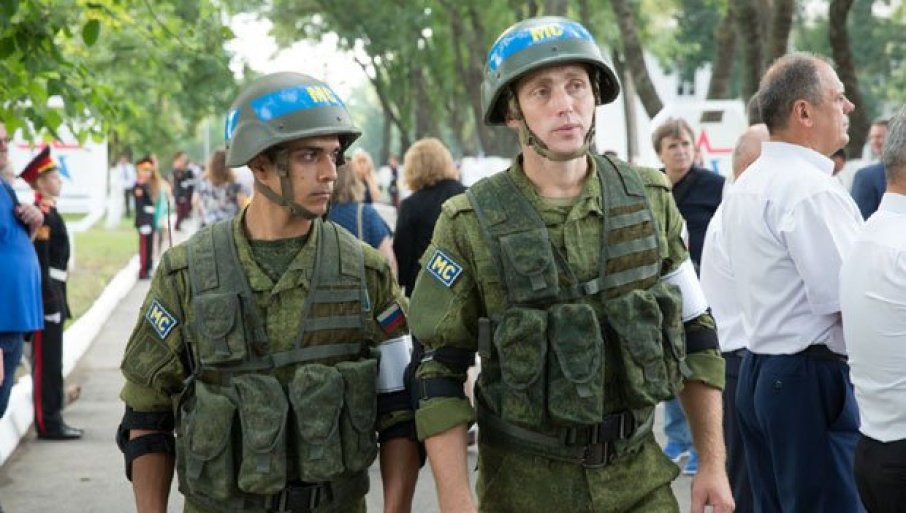
Russia would likely weigh the international response, including potential further sanctions or military support for Moldova from the West. A direct conflict could draw greater Western involvement in the region, which Russia might want to avoid while already engaged in Ukraine.
Moscow might also consider the impact of another military engagement on its domestic front, particularly given the strain of the conflict in Ukraine.
Rather than overt military action, Russia might use hybrid tactics such as disinformation campaigns, cyberattacks, and economic coercion to destabilize Moldova and undermine Sandu’s administration.
Russia could also increase support for pro-Russian political factions and groups in Moldova to sow division and challenge Sandu’s leadership from within.
- While a full-scale war might be unlikely, localized clashes or provocations in Transnistria could occur as a means to maintain pressure on Moldova without committing to a broader conflict.
While a full-scale military conflict in Transnistria is possible, it is more likely that Russia would use a mix of military presence, political maneuvering, and hybrid tactics to react to Sandu’s pro-European agenda and maintain its influence in Moldova.
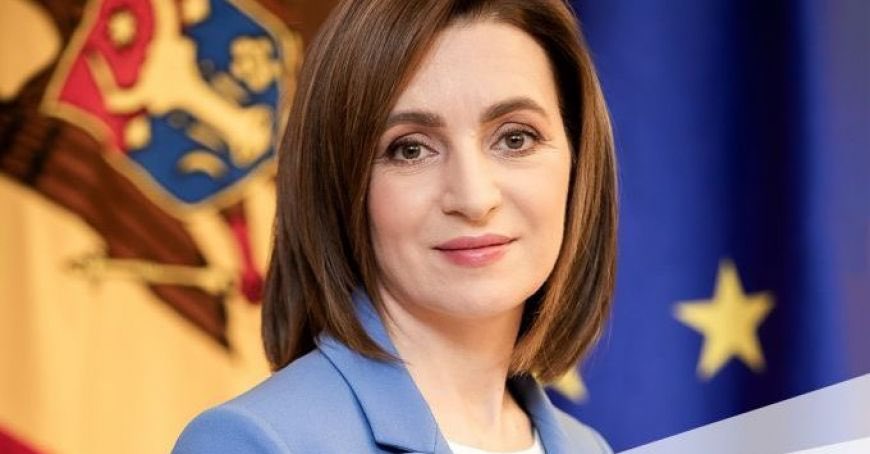
More on this story: Risk of political unrest high for Moldova


